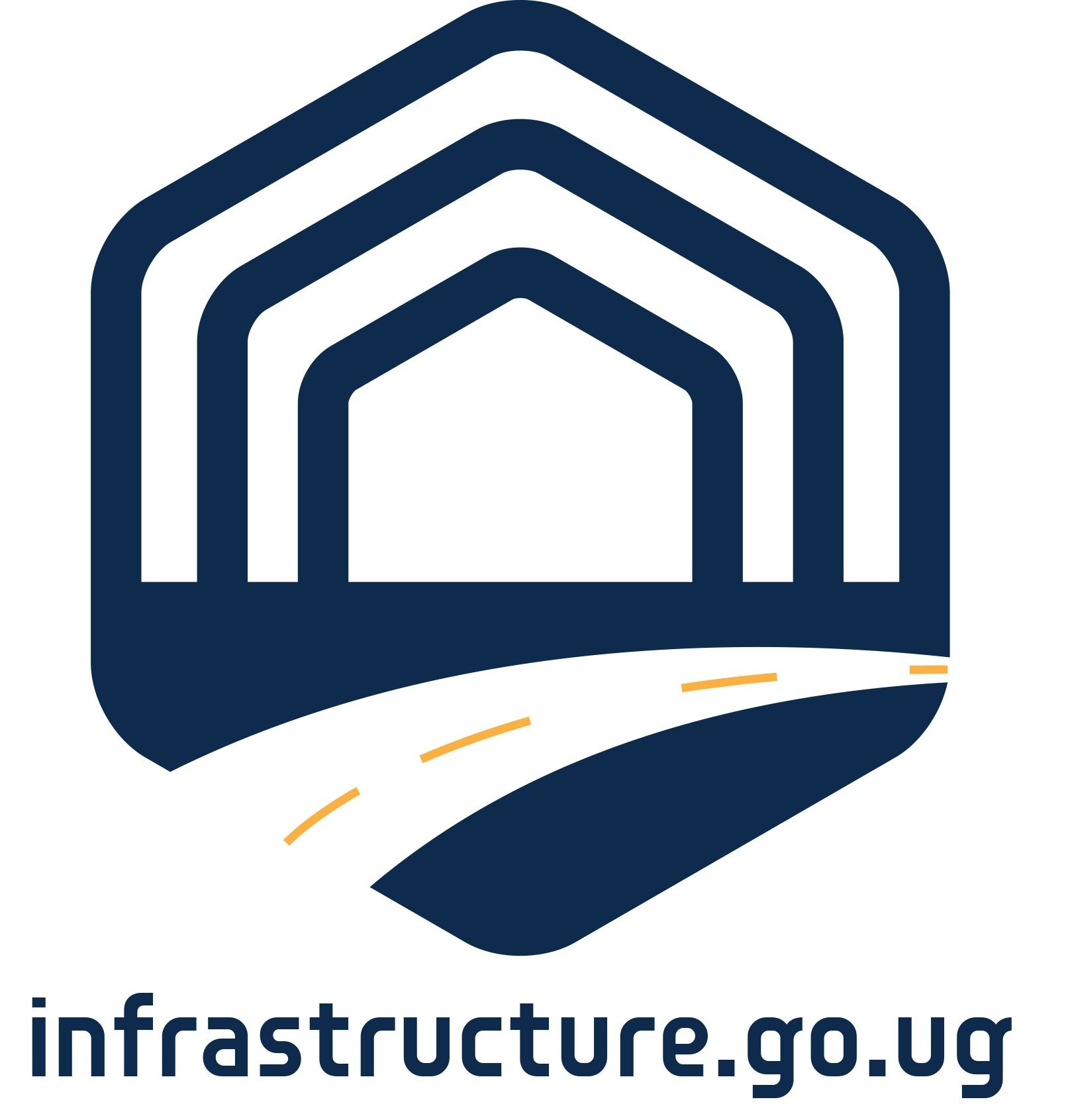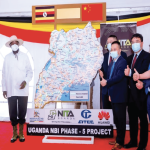Share
National Backbone Infrastructure
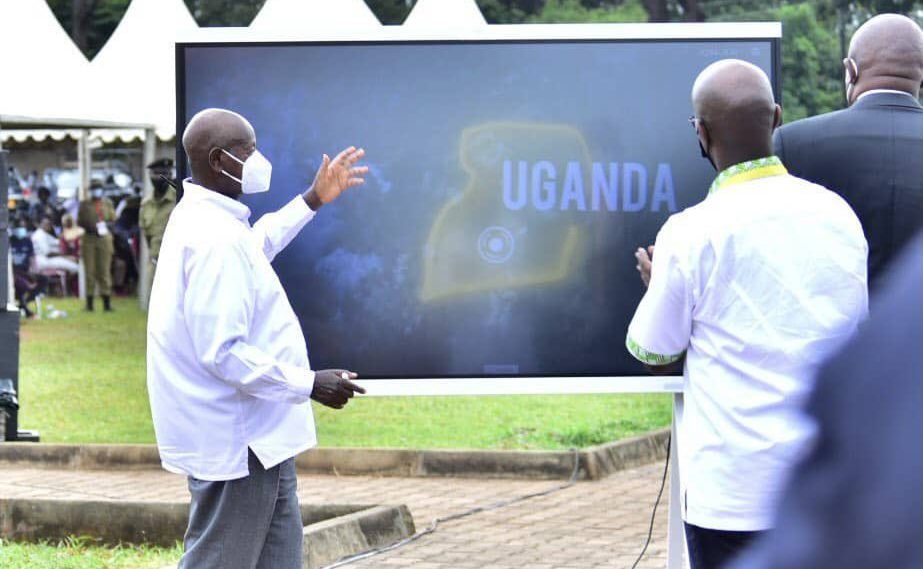

The National Backbone Infrastructure (NBI) has been extended to 483 Government sites and target user groups. Out of these 420 are using services over the NBI; the services include internet bandwidth, Integrated Financial Management Systems (IFMS), Data Centre, leased lines and dark fibre.
NBI extended to 49 districts out of 125, namely: Kampala, Mukono, Buikwe, Jinja, Iganga, Bugiri, Busia, Tororo, Mbale, Bukedea, Kumi, Soroti, Kaberamaido, Dokolo, Lira, Kole, Oyam, Gulu, Amuru, Kiryandongo, Masindi, Nakasongola, Luwero, Wakiso, Hoima, Kagadi, Kyenjojo, Kabarole, Kasese, Rubirizi, Bushenyi, Sheema, Mbarara, Ntungamo, Kabale, Lyantonde, Lwengo, Masaka, Rakai, Mpigi, Pakwach, Nebbi, Arua, Adjumani, Moyo, Koboko, Moroto, Katakwi and Kiryandongo. Furthermore, border posts of Mpondwe, Vurra, Oraba, Elegu/Nimule, Busia and Malaba have been connected to the NBI.
The price of internet for MDAs and LGs has significantly dropped, from an average cost of 1 Mbps/month for US$300 in 2015 to US$70 in 2018, as a result of completion of alternative routes to the sea cables through Mutukula and Katuna. The commercial Internet Service Providers (ISPs) have accordingly slashed their prices for 1 Mbps/ month from an average of US$515 in 2015, down to US$237 in 2018.
ICT innovations have been streamlined by developing guidelines under URSB to ensure that innovators are rewarded for their creations and their intellectual property rights are protected.
The Government of Uganda have so far given over Ush1.6 billion to support eight ICT Innovation Hubs located in Kampala and other regions (Mbarara University, Muni University in Arua, Makerere University, Innovation Village — Ntinda, Soroti University and Makerere University Business School). These hubs provide free work spaces (including laptops and internet) for the youth to develop their innovations. More hubs will be built in other regions.
Furthermore, Government is providing subsidised internet bandwidth to five Business Processing Outsourcing (BPO) innovation companies: Cameo Tech, Techno Brain, Munu Tech, BDE Consults and Cayman Consults.
Hubs and ICT Parks
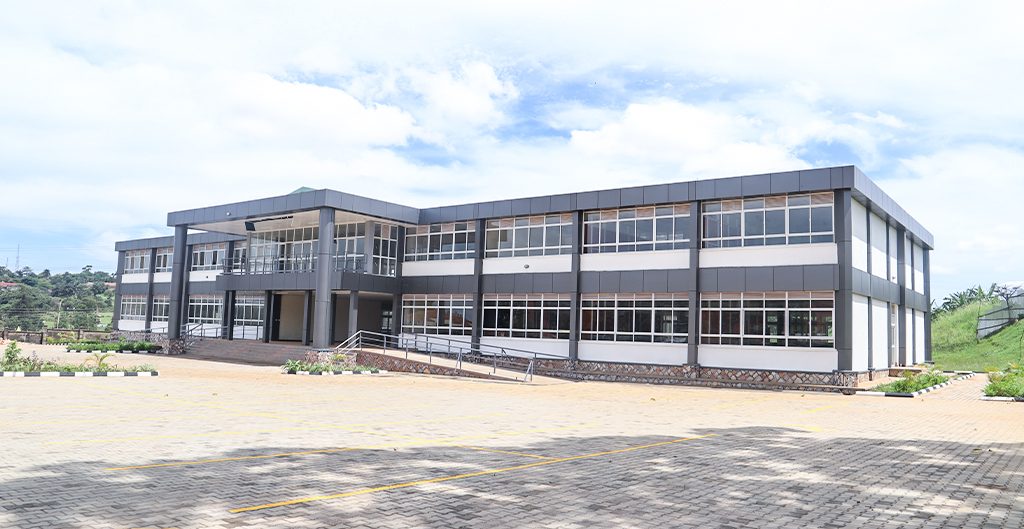
The National ICT Innovation and Incubation Hub at Nakawa that is currently under construction with support from UPDF Engineering Brigade will mentor and coach SMEs.
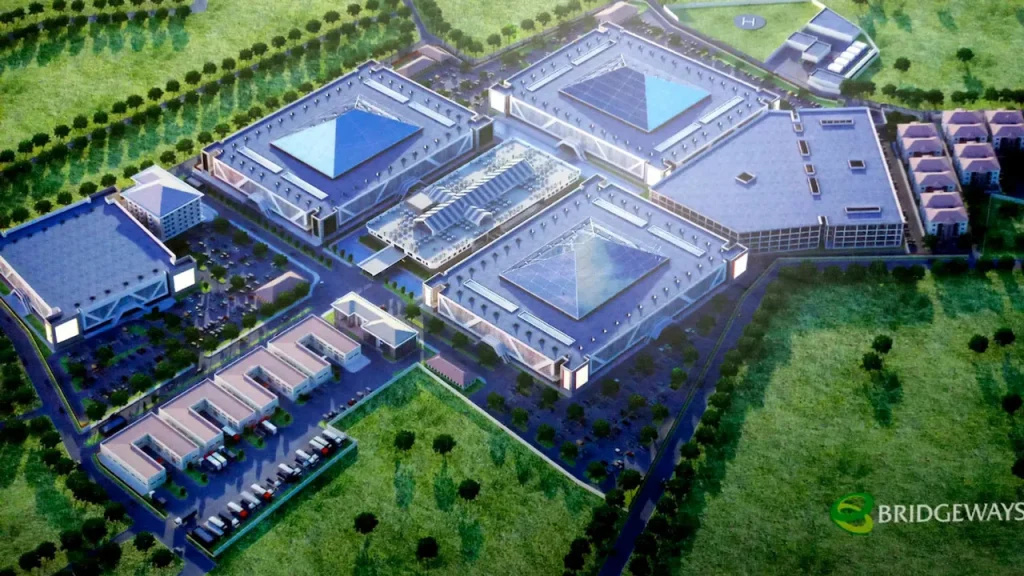
NITA-U is in the process of establishing the ICT Park on 17 acres in Entebbe, donated by the President of Uganda.
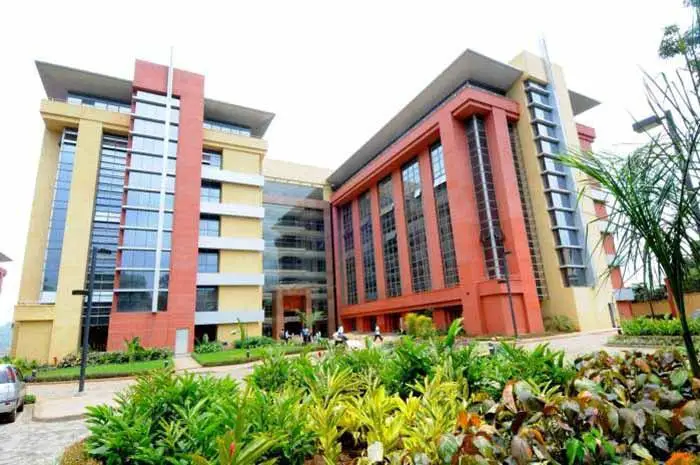
A BPO centre was developed at Statistics House in Kampala and is being run by a private sector company to offer call services. Furthermore, Government is offering incentives to BPOs.
Priority e-Services
Priority e-services have been identified, developed and are being rolled out in Government MDAs as follows;
e-Voucher, e-Visa, Academic Information Management System (AIMS), e-tax, e-logrev, Prosecution Case Management Information System (PROCAMIS) and Online Wealth Declaration.
E-Payment Gateway for managing electronic collection and disbursement of Government funds.
Authentication gateway for secure access to e- Government services.
SMS Gateway and mobile gateway implemented for simplified notification services and mobile accessibility for e-services
E-government procurement transparency within the procurement processes across Government.
The sector has conducted awareness drives such as the e-government Expo and Excellence awards to build capacity and ensure uptake of e-services. Awareness has been conducted in the areas of Cyber Laws, Information Security and e-government services.
The Government, through partnership with SIMI Mobile, established the first Mobile Phone and Computer manufacturing and assembling plant in November 2019 at the KIBP, Namanve.
Orion TV that we used to import are now being produced domestically.
The NRM Government has established over 1,040 school ICT laboratories intended to provide digital literacy skills to the communities and schools. An additional 47 labs are to be launched.
